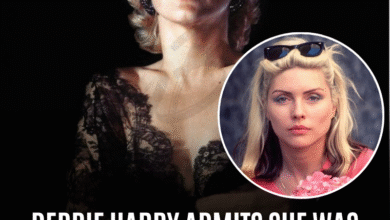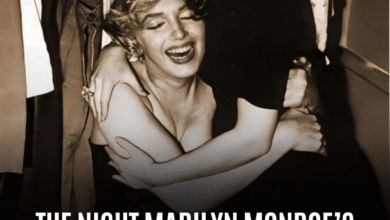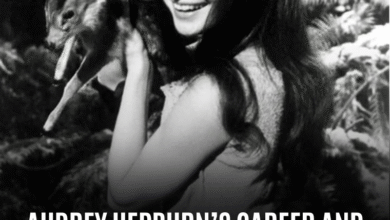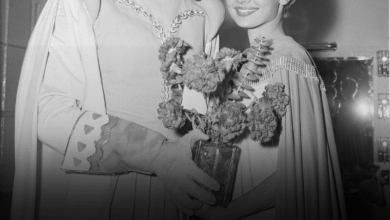Emilia Clarke Reveals the Surprising Lessons She Learned from Working with Hollywood’s Top Directors
OPINION: This article may contain commentary which reflects the author's opinion.
Emilia Clarke is an actress known for her versatility, from playing the fierce and determined Daenerys Targaryen in Game of Thrones to the more nuanced role of Qi’ra in Solo: A Star Wars Story. Her career has been shaped by collaborations with a diverse range of directors, each of whom has imparted valuable lessons and influenced her development as an actress. From the early days of her career to the star-studded sets of major franchises, Clarke’s experiences have molded her approach to acting, career choices, and creative collaboration.
Early Career: Learning from Industry Veterans
Clarke’s professional acting journey began with small roles, including a guest spot on the BBC soap opera Doctors in 2009. However, her career truly skyrocketed when she was cast as Daenerys Targaryen in Game of Thrones (2011). This role introduced her to an array of directors, including Alan Taylor, who directed several Game of Thrones episodes and the 2015 film Terminator Genisys. Through these early collaborations, Clarke learned the value of adaptability in her performances, an essential skill when working under different directorial visions.
Working with Game of Thrones creators David Benioff and D.B. Weiss also taught Clarke the importance of consistency in character portrayal. One notable example was her character’s signature “straight back” posture, which Clarke initially found uncomfortable and tried to change. However, Benioff and Weiss insisted on maintaining it for character continuity. This lesson in adhering to a director’s vision—especially when it conflicts with personal comfort—became a crucial takeaway for Clarke, reinforcing her understanding of how long-term series work requires both consistency and collaboration.
Solo: A Star Wars Story: Advocating for Character Depth
Clarke’s collaboration with Ron Howard on Solo: A Star Wars Story (2018) was another pivotal moment in her career. In this film, Clarke portrayed Qi’ra, a complex character that was not just a romantic interest but a strong, layered woman with her own motivations. Clarke has spoken about her efforts to ensure Qi’ra was portrayed as more than a supporting character, advocating for her development in discussions with Howard and the rest of the creative team.
Through this process, Clarke learned the value of speaking up for her characters, especially when advocating for female representation in major franchises. Ron Howard, known for his collaborative approach to filmmaking, encouraged Clarke to bring her own perspective to the role, helping her understand the balance between artistic input and aligning with the director’s vision. This collaboration highlighted the importance of character advocacy in film, particularly for strong, multifaceted female roles, an aspect Clarke has championed throughout her career.
Broader Career Lessons: Diversity in Roles and Adaptability
Clarke’s career trajectory has also exposed her to a range of directorial styles, from dramatic performances in Me Before You (2016) with director Thea Sharrock to the comedic Last Christmas (2019) with Paul Feig. These diverse experiences allowed her to adapt to various genres, showcasing her ability to navigate different creative environments. Through each role, Clarke continued to build her reputation for being a versatile actress capable of portraying a wide array of characters.
In addition to expanding her acting range, Clarke has been proactive in managing her career. She has spoken about not wanting to be typecast during the hiatuses of Game of Thrones, seeking out different projects that would allow her to grow as an artist. This decision reflects a broader lesson from her work with directors: the importance of making strategic career choices and taking on roles that challenge her, rather than simply following the success of her previous characters.
Conclusion: A Career Shaped by Mentorship and Collaboration
Emilia Clarke’s journey through the world of film and television is a testament to her resilience, versatility, and ability to learn from those around her. Through her collaborations with directors like Alan Taylor, Ron Howard, Thea Sharrock, and Paul Feig, Clarke has grown both as an actress and as a creative force in Hollywood. Each of these directors has imparted valuable lessons—whether it’s maintaining consistency, advocating for character development, or exploring new genres—that have contributed to her success.
As Clarke continues to evolve in her career, the lessons learned from these directorial collaborations will undoubtedly guide her as she takes on even more complex roles and innovative projects, solidifying her place as one of Hollywood’s most dynamic and respected actresses.



